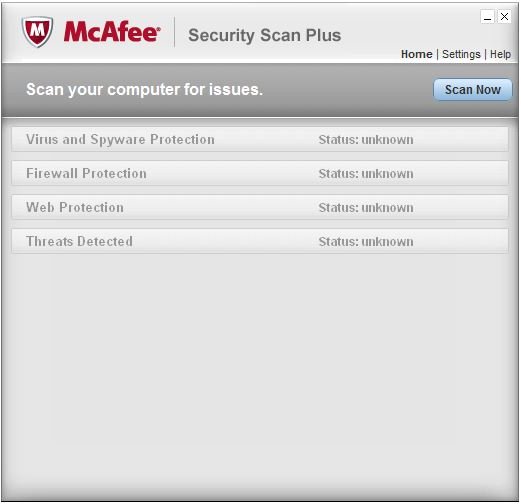Answering the Question: The McAfee Virus Warning on My Computer – Is it Real?
Genuine vs. Fake Anti-virus Notifications
It isn’t unusual to spend a few hours browsing the web to come across a pop-up message informing you that there is a virus on your PC. This is a tactic used by legitimate and malicious providers of antivirus (AV) software – so how can you be sure if the message is genuine?
Plenty of users have fallen victims to “fake” antivirus software installed via pop-ups of this kind; basically it is seen as a scare tactic to tempt you into downloading “free” software that turns out to be a fake AV tool designed to slow down your PC, lace it with adware and spyware, and generally fool you into submission.
If you’re wondering if the McAfee virus warning on my computer–is it real or not real doesn’t matter–what does matter is running a scan of your PC straight away using the most up to date antivirus solution you have available, whether it be by McAfee or some other company.
McAfee – Playing on the Scammer’s Turf
The “success” of fake antivirus software that has been downloaded and installed by unsuspecting users (who then find the AV software either doesn’t work or is a sophisticated spyware and adware tool) has led to at least one reputable name copying the tactic: McAfee.
You can see why they would think this is a good idea – it is better that a reputable name appears as a pop-up than a non-reputable piece of malware. This has enabled McAfee to attract new customers via the carrot dangling and offering their free antivirus scanning tool – a utility that finds infections but doesn’t delete them.
However, this tactic opens floodgates. If McAfee is prepared to run pop-up ads to display antivirus warnings in a browser window, then why shouldn’t the scammers continue to push this tactic?
(Screenshot by author)
Controlling the Truth
The fact is, it doesn’t matter whether or not the McAfee virus warning on your computer is real or not – if you are concerned, then you should do something about it. However, doing something about it doesn’t mean that you should click the link and download whatever scanning tool is being offered.
Instead, take some time out, reboot your PC, go back onto the web and search for a suitable antivirus solution that will scan your PC for you and report back on its findings before proceeding to clean the infections.
Clicking on antivirus alert messages on web pages will not fix your PC; it’s more likely they will damage your computer.
Web Page Warnings
One way to avoid these types of pop-ups leading to problems is to employ a tool such as McAfee SiteAdvisor. This is a free tool that connects with your browser to check the reliability and safety of the web pages you are visiting and those that are returned in a Google search.
Also don’t forget that McAfee offers a free scan (pictured above), that is available on their website.
